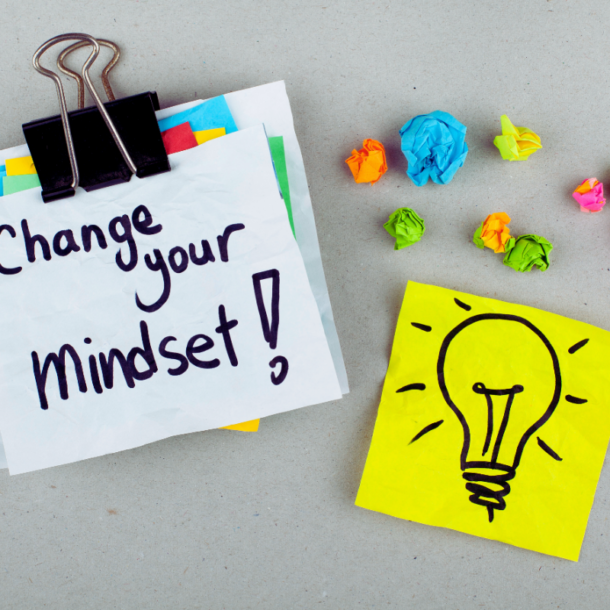
Strategies to Create Sustainable and Lasting Habits This Year
The start of a new year is the perfect time to reflect on the habits we want to build. However, the key to achieving real and sustainable changes lies not only in setting ambitious goals, but in taking a strategic and conscious approach. Creating sustainable habits requires commitment, planning and a clear understanding of your personal objectives.
One of the first steps is to identify the habits you really want to incorporate into your life and analyze their relevance. It is important that they are aligned with your values and needs. For example, if you are looking to improve your health, a habit like walking 30 minutes a day may be more effective and realistic than committing to an extreme exercise regimen. Sustainable habits are those that can be easily integrated into your daily routine and that you find meaningful.
A key aspect of developing sustainable habits is to start gradually. Making small, consistent changes is much more effective than trying to transform your life overnight. This incremental approach not only reduces the risk of dropping out, but also allows you to adapt to change more naturally. For example, if your goal is to read more, you can start by dedicating just 10 minutes a day to this activity, and gradually increase the time.
Repetition is essential for a habit to become part of your routine. Research shows that performing an action regularly, ideally at the same time of day, helps cement it. Associating a new habit with an established one, such as meditating after brushing your teeth in the morning, can also make it easier to adopt. This strategy, known as “habit stacking,” allows you to integrate new behaviors without drastically altering your current routine.
Another crucial factor is intrinsic motivation. Beyond looking for immediate results, focus on the long-term benefits that the habit will bring to your life. For example, if you decide to incorporate healthy eating, consider not only weight loss, but also how it will improve your energy, mood, and overall well-being. When you connect with the purpose behind your actions, it’s easier to stay focused and overcome challenges.
Environment also plays a significant role in forming lasting habits. Creating an environment that facilitates your new habits can make a big difference. If you want to eat more fruit, make sure you have it visible and accessible in your kitchen. If your goal is to reduce social media time, you can turn off notifications or remove apps from your home screen. These small modifications can remove unnecessary barriers and encourage success.
Finally, it’s important to be kind to yourself throughout the process. Creating sustainable habits doesn’t mean being perfect, but being consistent. There will be days when you don’t meet your goals, and that’s okay. Instead of beating yourself up, use those moments as an opportunity to reflect and adjust your strategy if necessary. Remember that progress, not perfection, is what really counts.
Adopting sustainable, long-lasting habits is a journey that takes time, patience, and commitment, but the results are worth it. With the right approach, you can transform small actions into meaningful changes that will improve your life not just this year, but for years to come.
This post is also available in: Spanish






